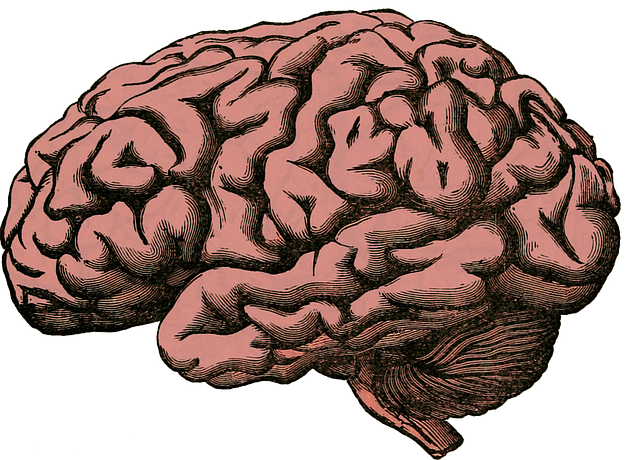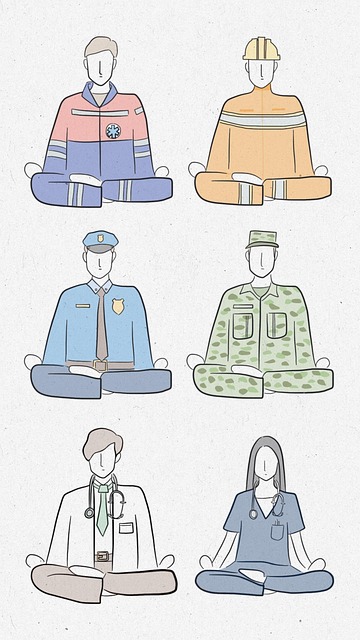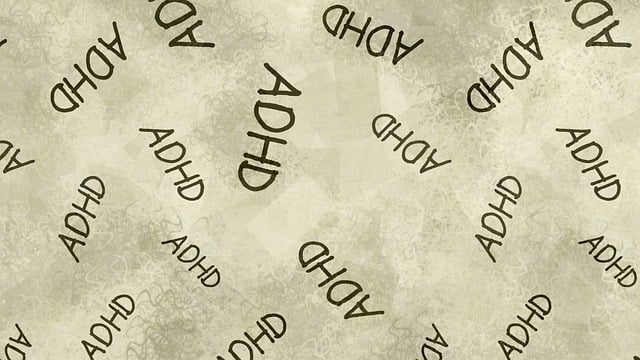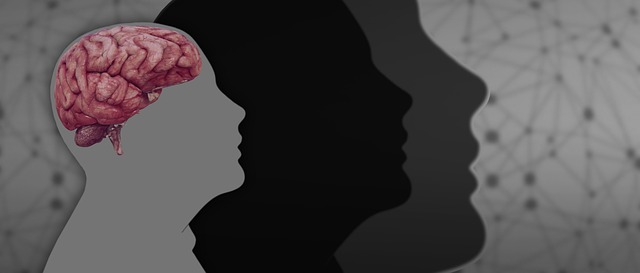In diverse communities like Broomfield, cultural sensitivity in mental healthcare is crucial for providing inclusive and effective support. Broomfield Gender Identity Therapy (BGIT) offers a progressive framework, prioritizing respect for varied gender identities and belief systems. By adopting culturally sensitive practices, such as self-awareness exercises and tailored interventions, BGIT enhances therapeutic outcomes, builds trust, and encourages open communication. Overcoming language and cultural barriers through training, translation services, and adaptive techniques ensures accessible care for diverse populations. Measuring success involves qualitative data and community outreach impact, fostering a holistic understanding of culturally sensitive therapy's effectiveness.
In today’s diverse society, cultural sensitivity is paramount in mental healthcare. Effective therapy transcends cultural barriers, fostering inclusive environments that honor varied beliefs and identities. This article explores key aspects of culturally sensitive practice, drawing on innovative models like Broomfield Gender Identity Therapy. We delve into strategies for recognizing diverse values, navigating cultural obstacles, and measuring the positive impact of such approaches. By understanding and implementing these principles, mental health professionals can revolutionize care, ensuring support tailored to every client’s unique background.
- Understanding Cultural Sensitivity: The Cornerstone of Effective Mental Healthcare
- Broomfield Gender Identity Therapy: A Model for Inclusive Practice
- Recognizing and Respecting Diverse Belief Systems and Values
- Navigating Cultural Barriers to Care: Strategies for Mental Health Professionals
- Measuring Success: Evaluating the Impact of Culturally Sensitive Therapy
Understanding Cultural Sensitivity: The Cornerstone of Effective Mental Healthcare

Understanding Cultural Sensitivity is paramount in mental healthcare practice, forming the cornerstone for effective and inclusive support. It involves recognizing and appreciating the diverse cultural backgrounds, beliefs, and values that shape individuals’ experiences of mental health and well-being. This understanding is especially critical in regions like Broomfield where populations are becoming increasingly diverse. By embracing cultural sensitivity, mental health professionals can create safe and supportive environments tailored to each client’s unique needs.
This approach fosters resilience building among clients by encouraging self-awareness exercises and mental wellness journaling as culturally appropriate coping mechanisms. It ensures that therapies, such as those offered at Broomfield Gender Identity Therapy, are sensitive to the nuances of different cultures, promoting genuine connections and meaningful progress in treatment. Consequently, cultural sensitivity enhances therapeutic outcomes, encourages open communication, and strengthens the bond between healthcare providers and their clients.
Broomfield Gender Identity Therapy: A Model for Inclusive Practice

Broomfield Gender Identity Therapy (BGIT) offers a compelling model for inclusive mental healthcare practices, emphasizing respect and understanding of diverse gender identities. This therapeutic approach prioritizes creating a safe and affirming environment for individuals, which is essential for fostering resilience in marginalized communities. By incorporating BGIT principles, mental health professionals can effectively support clients in navigating their unique challenges related to gender expression.
The model focuses on enhancing cultural sensitivity through comprehensive training for practitioners, ensuring they are equipped to handle complex issues of identity. This involves risk management planning to address potential triggers and promote positive thinking among both therapists and clients. BGIT’s holistic approach encourages professionals to adapt their practices, leading to improved outcomes and a more inclusive mental healthcare system.
Recognizing and Respecting Diverse Belief Systems and Values

In the realm of mental healthcare, recognizing and respecting diverse belief systems and values is paramount. This includes understanding the unique cultural perspectives and practices that shape individuals’ lives, such as those related to gender identity, as exemplified by Broomfield Gender Identity Therapy. By embracing this diversity, mental health professionals can create a safe and inclusive environment where clients feel validated and supported. This approach not only enhances therapeutic outcomes but also fosters trust and encourages open communication.
Cultural sensitivity in mental healthcare involves integrating knowledge of various cultural traditions and values into practice. It requires professionals to be aware of their own biases and to actively listen to clients’ stories without judgment. This holistic understanding enables the development of tailored interventions that address not just symptoms, but also the emotional regulation and resilience building needs specific to each client’s background, including those engaging in Mental Health Policy Analysis and Advocacy.
Navigating Cultural Barriers to Care: Strategies for Mental Health Professionals

Navigating Cultural Barriers to Care is a critical aspect of mental health practice, especially when working with diverse populations. Mental health professionals in Broomfield Gender Identity Therapy need to be adept at recognizing and overcoming cultural barriers that might hinder access to care. These barriers can manifest as language differences, unique belief systems, or specific community norms. For instance, individuals from non-Western backgrounds may have different conceptualizations of mental illness and healing, which can impact their willingness to seek professional help.
To effectively address these challenges, professionals should employ strategies such as cultural competency training, translation services, and adaptive therapeutic techniques. Incorporating mindfulness meditation or mood management strategies based on Mind Over Matter principles can be tailored to respect and integrate clients’ cultural beliefs while also teaching them valuable coping mechanisms. By doing so, mental health practitioners ensure that care is accessible and culturally sensitive, fostering a safe and supportive environment for all clients.
Measuring Success: Evaluating the Impact of Culturally Sensitive Therapy

Measuring success in culturally sensitive therapy is a nuanced process that goes beyond traditional outcome assessments. It involves evaluating the client’s experience and perceived improvement within their cultural context. This might include self-reported changes in mental wellness, but also qualitative data such as client testimonials and feedback through journaling exercises. For instance, a client engaged in Broomfield Gender Identity Therapy might document shifts in their understanding of their identity and improvements in social interactions through regular Mental Wellness Journaling Exercises.
Community outreach program implementation can also serve as an indicator of success by showcasing the therapist’s ability to adapt services to diverse populations. Healthcare provider cultural competency training plays a vital role here, ensuring practitioners are equipped to navigate complex cultural issues effectively. By combining these assessment methods, therapists can gain a comprehensive view of their impact, fostering more meaningful and impactful treatment experiences for clients from various backgrounds.
Cultural sensitivity in mental healthcare is no longer a nice-to-have, but an essential practice. As evidenced by innovative models like Broomfield Gender Identity Therapy, incorporating diverse perspectives and beliefs enhances therapeutic outcomes. By recognizing and respecting unique cultural backgrounds, mental health professionals can overcome barriers to care, fostering inclusive environments that truly support the well-being of all individuals. This approach not only improves access to services but also strengthens the overall impact of culturally sensitive therapy, ensuring better lives for everyone.














